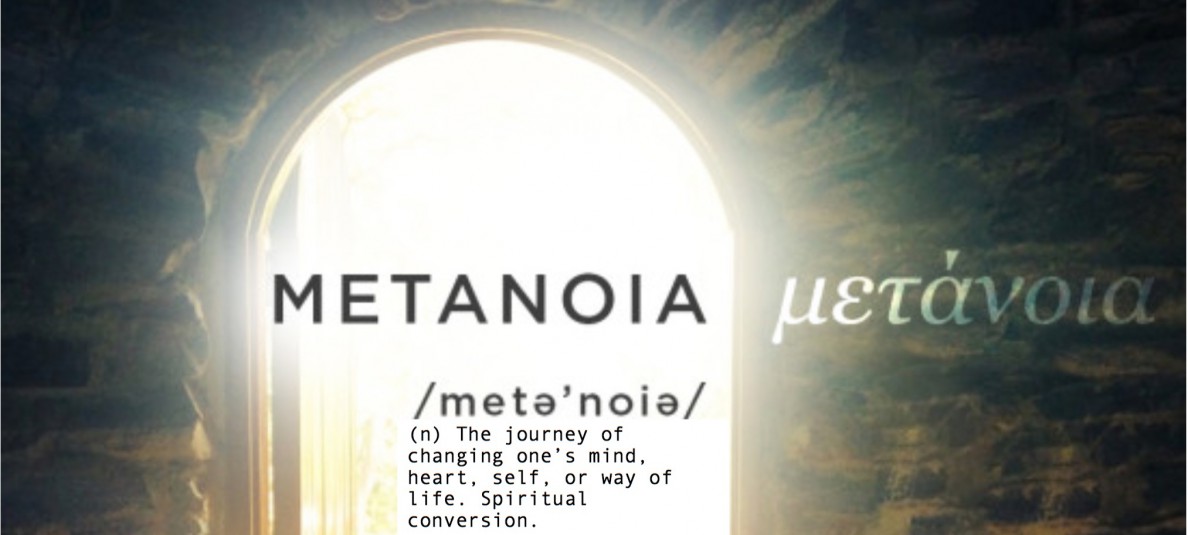Thanksgiving Day (C): The Bread of Heaven
By: The Rev. Jacob E. Pierce
Thanksgiving was my favorite holiday when I was a kid. Thanksgiving Day meant Christmas was a bit closer and much cooler weather was soon on the way. Thanksgiving also meant spending the day with family and playing with my cousins in my grandmother’s backyard. But most importantly, Thanksgiving meant food! I can still remember the smells of my grandmother’s turkey and ham, the crunch of my aunt’s sweet potato casserole, and the delicious weirdness of my father’s oyster stuffing. What I remember most, however, are my grandmother’s angel biscuits.
My grandmother’s angel biscuits came from an old Appalachian recipe in our church cookbook. Angel biscuits are difficult to explain: they have the texture of a traditional southern biscuit but the taste of a yeast roll, deliciously perfect for soaking up gravy and bits of turkey.
Grandma always made her angel biscuits the day before Thanksgiving. She would place them in her refrigerator overnight on a large cookie sheet. I remember arriving early to her house and watching her cut the uncooked biscuits with precision and ease, something she had done many times. The smell of the rolls would fill the house, the yeast almost overpowering the smell of the fatback in the green beans on the stove.
When I think of Thanksgiving, I remember those angel biscuits. Grandma doesn’t cook much these days, and I’ve unsuccessfully attempted to make them myself three or four times. Perhaps it’s best they remain a memory.
The gospel appointed for Thanksgiving Day is an interesting choice. When our minds are most focused on food, what we might soon be cooking, or which dish we most look forward to, John’s words strike us: “Do not work for the food that perishes, but for the food that endures for eternal life, which the Son of Man will give you. For it is on him that God the Father has set his seal… Jesus said to them, ‘I am the bread of life. Whoever comes to me will never be hungry, and whoever believes in me will never be thirsty.’”
It should be obvious to most that our civic and religious Thanksgiving holiday is not about food. Even the non-religious among us admit that Thanksgiving is at the very least a day in which we acknowledge what we have and what is important in our lives. For Christians, Thanksgiving Day is about giving thanks to God, the creator of all. The fact is, however, that when we give thanks to God for all we have, we are most often thankful for the “food that perishes,” as Jesus puts it. We might be thankful for our new car, for our home, for food, for clothing, for our job, and for money to pay our bills, things that are important, but things that perish.
There is certainly nothing wrong with giving thanks for the perishables in our lives, but that’s not the question Jesus is prompting. Jesus is asking where we place our faith. The gospel lesson doesn’t ask us to list the things for which we are thankful, the gospel lesson asks us to reflect on our faith and to receive the true bread, which gives life to world.
We can certainly be thankful for our material wealth, for our homes, for our jobs, and for the food on our tables this Thanksgiving, but let us not mistake thankfulness for faith. Thankfulness for turkey and biscuits won’t feed the hungry. Thankfulness for a closet full of clothing won’t clothe the naked. Thankfulness for a good home and a good job won’t house the homeless or right the economic injustice in our society. Only our faith in Jesus and our participation in God’s mission will do that.
The preacher should consider the implications of appointing a lesson from John’s bread imagery on Thanksgiving Day. The preacher should also consider how receiving the bread of life conflicts with or harmonizes with our religious and civic understanding of the Thanksgiving holiday and its traditions. Most importantly, the preacher will need to consider Jesus’s use of thirst and hunger imagery in the context of perishable bread. How might the preacher prompt her congregation to consider what it means to be thankful for the non-perishables? What does thankfulness for God’s mission and God’s kingdom look like? How might thankfulness move from acknowledgment and faith to action and participation?
As we break bread this Thanksgiving around our tables, may we who follow in the way of Jesus be moved beyond thankfulness for turkey and gravy; may we be moved to receive and share the bread of heaven, which gives life to the world.

The Rev. Jacob E. Pierce is an Episcopal priest and the curate of the Church of the Holy Comforter in Charlotte, North Carolina. Jacob has served churches in North Carolina and Washington, D.C. before receiving a Master of Divinity from Virginia Theological Seminary in 2015. Jacob enjoys reading, collecting Marian folk art, and playing with his very energetic dog, Hamlet.
